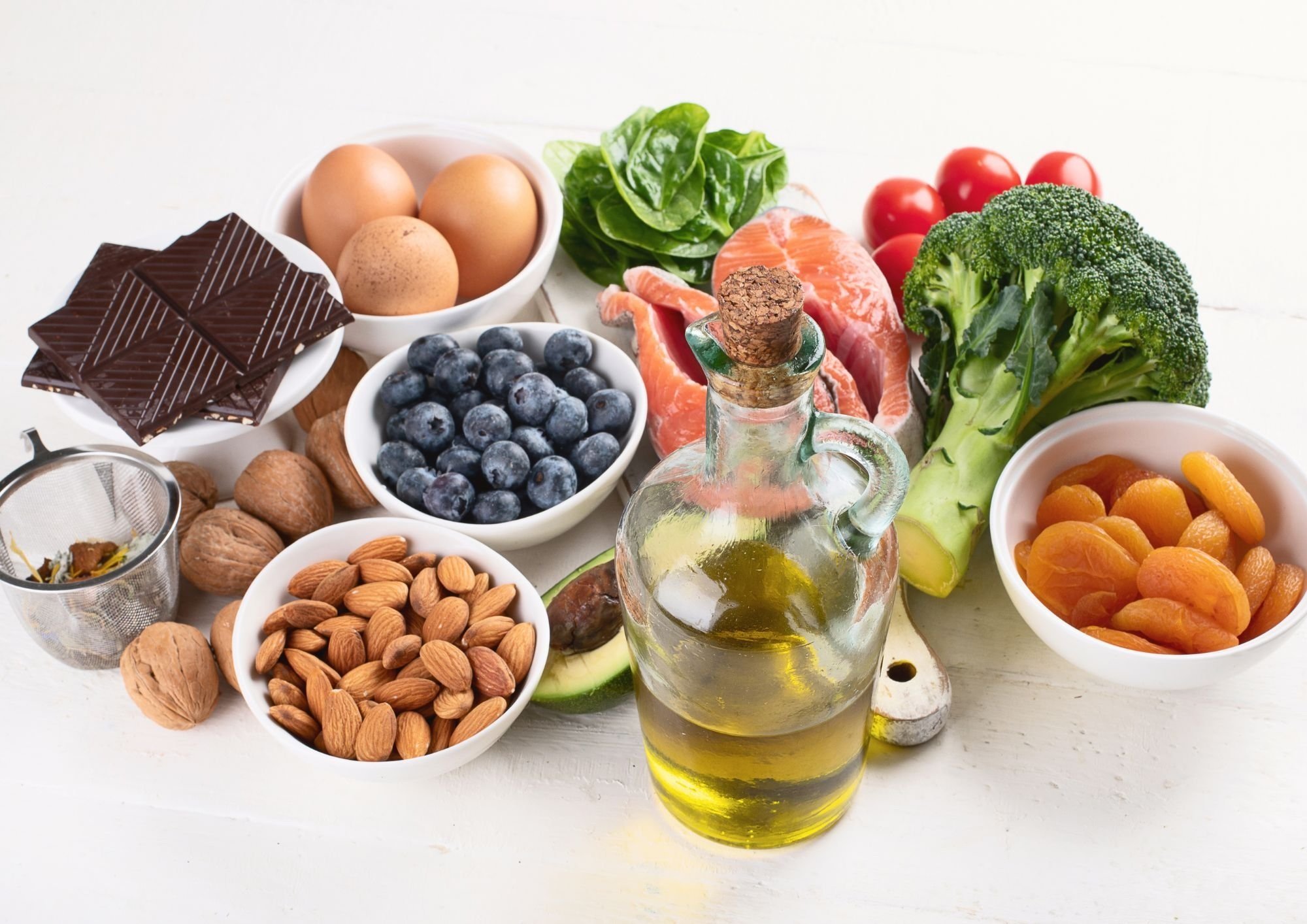5 Ways Food Supports My Mental Health
Have you ever felt so overwhelmed you don’t know where to start or what to do?
Like you’ve run a marathon when you haven’t stepped outside your front door?
In today’s fast-paced world, our mental health is more important than ever. Stress, anxiety, and depression are prevalent concerns that affect millions of people worldwide – in fact around 20% of the world’s children and adolescents have a mental health condition, with suicide the second leading cause of death among 15-29-year-olds, according to the WHO.
It is terrifying!
While therapy and medication can play crucial roles in treating mental health issues, the importance of a healthy diet in supporting mental well-being should not be underestimated.
Let’s explore together how food and mental health are closely related!
1. Nutrient-rich foods and Brain Function
A diet rich in essential nutrients can significantly impact brain function and cognitive performance.
When that is said, the overall message is of course to eat balanced and nutrient-rich food- in general, but here are a few essential nutrients that play vital roles in supporting mental health:
Omega-3 Fatty Acids: These essential fats, commonly found in fatty fish like salmon and flaxseeds, have been linked to improved mood and reduced risk of depression.
Antioxidants: Fruits and vegetables loaded with antioxidants, such as berries and leafy greens, help protect the brain from oxidative stress, which can contribute to mental health disorders.
B Vitamins: B vitamins, including B6, B12, and folic acid, play a crucial role in neurotransmitter production, helping to regulate mood and reduce the risk of depression.
Amino Acids: Protein-rich foods provide essential amino acids that are the building blocks of neurotransmitters like serotonin, influencing mood and well-being.
2. The Gut-Brain Connection
The gut and the brain are intimately connected through the gut-brain axis. What you eat can significantly impact the composition of your gut microbiota, which, in turn, can influence your mental health.
A diet rich in fibre and probiotics (such as yoghurt and fermented foods) can promote the growth of beneficial gut bacteria, which may positively affect mood and mental health.
3. Hydration and Mental Clarity
Dehydration can have a noticeable impact on cognitive function and mood. Staying adequately hydrated is essential for maintaining mental clarity and concentration.
Herbal teas, water, and fruits with high water content are excellent choices for staying hydrated and supporting mental well-being.
4. The Influence of Sugar and Processed Foods
On the flip side, a diet high in added sugars and processed foods can negatively affect mental health. Sugary snacks and drinks can lead to energy crashes and mood swings.
Processed foods often lack the essential nutrients necessary for optimal brain function. Excessive consumption of these items has been linked to an increased risk of anxiety and depression.
5. Mindful Eating and Stress Reduction
The way we eat is just as important as what we eat. Practising mindful eating can reduce stress and improve mental well-being.
Taking the time to savour your meals, eat without distractions, and pay attention to hunger and fullness cues can promote a healthier relationship with food and alleviate anxiety.
Summary
If you want to take care of your mental health, it’s crucial not to overlook the powerful impact of a healthy diet. Nutrient-rich foods, a balanced gut microbiome, hydration, and understanding one's own needs can all contribute to enhanced mood and reduced risk of mental health disorders. While food alone is not “the magic pill”, it plays an integral role in supporting mental well-being when combined with essential aspects of self-care.
So, nourish your body and mind with the right foods, and your journey to better mental health becomes smoother and brighter.




